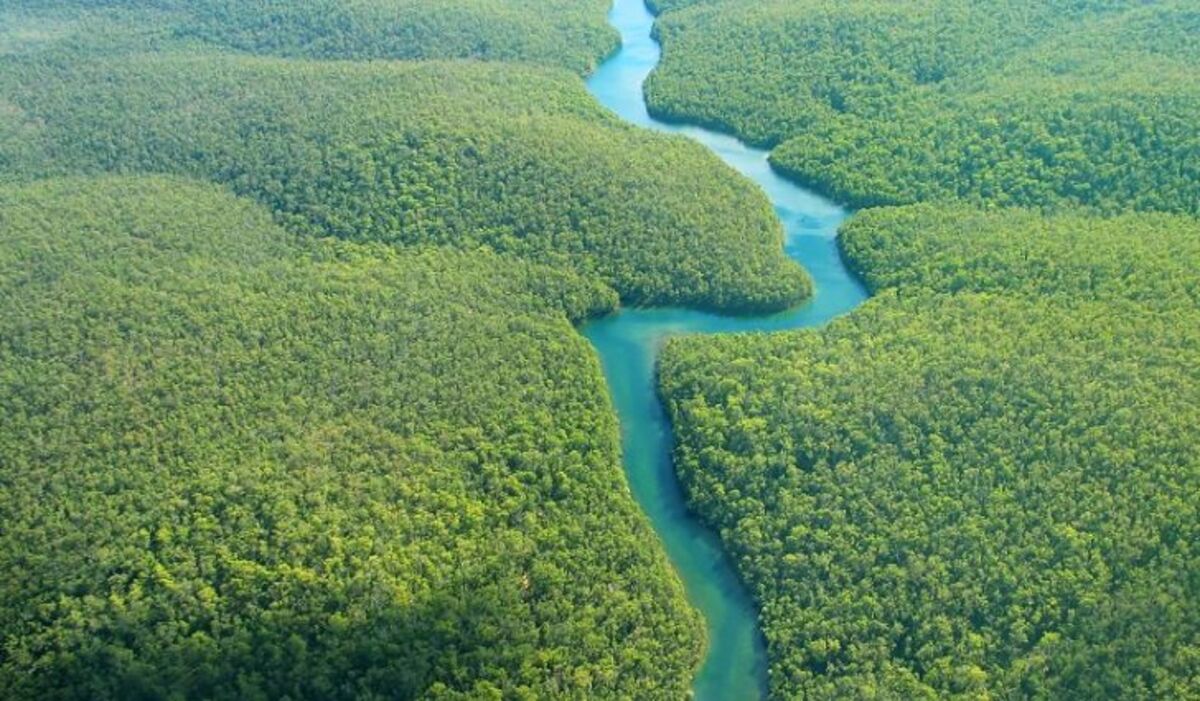More than 25 countries at the COP27 climate talks today launched a group to hold each other accountable for a pledge to end deforestation by 2030. They also announced billions of dollars to fund their efforts.
The first meeting of the Forest and Climate Leaders’ Partnership takes place a year after more than 140 leaders pledged to end deforestation by the end of the decade. The so-called Forest and Climate Leaders’ Partnership is chaired by Ghana and the United States.
What happened with the stopping deforestation promise from Glasgow?
The pledge was given at COP26 in the United Kingdom. Since then, progress has been poor and partial. Only a few countries initiated more aggressive deforestation and financing policies.
The new group, which includes Japan, Pakistan, the Republic of Congo, and the United Kingdom, is responsible for roughly 35% of the world’s forests. It plans to meet twice a year to track progress.
Brazil, with its Amazon rainforest, and the Democratic Republic of the Congo, whose vast forests are home to endangered wildlife such as gorillas, are notable omissions from the list.
This collaboration is a critical next step in collectively delivering on this promise and keeping the goal of limiting global warming to 1.5 degrees Celsius alive. Britain’s Alok Sharma, who presided over last year’s COP talks in Glasgow, said this to the public.
Deforestation: organize, act and pay
If to believe the statements, approximately 22% of the $12 billion in public funds pledged for forests are spent so far. Those funds, as planned in Glasgow, will be invested till 2025.
Among the new sources of funding, Germany announced that it would double its forest financing to $1.97 billion by 2025.
Private companies also announced an additional $3.6 billion in funding. SouthBridge Group, for example, is establishing a $2 billion fund for tropical rainforest restoration efforts in Africa. That is the region with the most tropical rainforest after South America.
Volkswagen Group and H&M Group joined The LEAF Coalition, a separate initiative launched at COP26. Governments and businesses in The LEAF Coalition pay countries with tropical and subtropical forests for emissions reductions.
Money can’t buy air but can push air production
The need is urgent – for the climate, biodiversity, and the people who rely on forests. There are also other initiatives working toward the 2030 forest pledge who announced incremental progress at the start of COP27.
Only 19% of the $1.7 billion as promised to indigenous communities is paid so far. The aim of these funds is to promote land rights and forest protection. This data is according to a coalition of 25 governments and non-governmental organizations.
Nonetheless, despite a promise to direct the majority of the funds to local communities, roughly half of the funds saw distribution through international nongovernmental organizations. Only 7% went to community-led groups, according to the coalition. This needs correction.
The initiative also announced standards for companies to follow in order to trace commodities and disclose links to deforestation in September.

